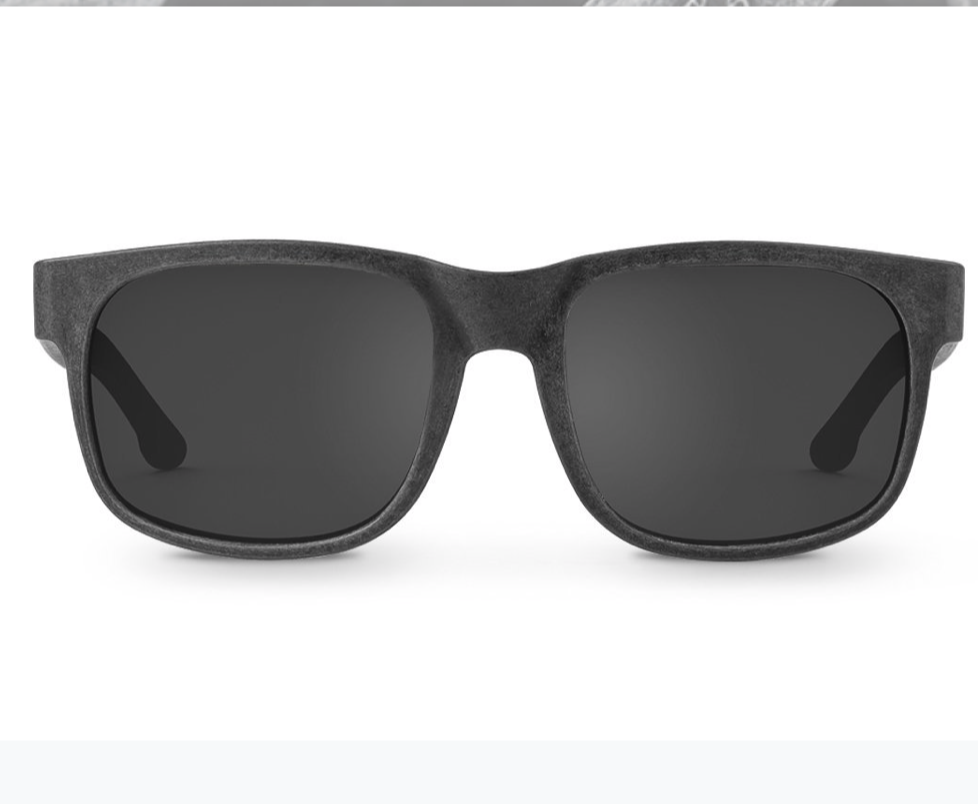
The upmarket eye wear company Karün has received a €1.25m ($1.42m, £1.1m) boost from an ethical investor to continue development of its high-end sunglasses and other products, all of which are made from ditched plastic, particularly fishing gear and other marine debris.
The investment has been made by the Stockholm-based finance consultancy Blue, which funds only ethical companies, believing they “apply human ingenuity to deliver resourceful, sustainable solutions serving as a force for good in society”.
Karün has its administrative center in Patagonia, Chile, and uses a manufacturer in Italy to make its sunglasses.
It provides sunglasses to the award-winning Chilean big wave surfer Ramón Navarro and was the official supplier to the 2017-18 Volvo Ocean Race, the three-yearly round-the world yachting event. The sunglasses were the first choice of star participants Charlie Enright, Martin Strömberg and Mark Towill.
Blue co-founder and chief executive Anders Jacobson said: “Karün shows how entrepreneurs can embed environmental concerns into their business vision as it trailblazes the integration of green practices into its material sourcing and manufacturing that reflect the humanity of its founders and management team.
“[The company] are change-makers who are demonstrating it is possible to solve the problems facing the planet and humanity in sustainable ways.”
Karün founder and chief executive Thomas Kimber said: “Karün sunglasses are symbols of the change we want to see happening in the world by making a positive impact on the environment and local communities.”
Kimber emphasized that, as well as protecting the environment through restoring ecosystems and converting reclaimed plastic into positive products, his company was creating income for Patagonia’s micro-entrepreneurs.
The company has little trouble finding its raw material – abandoned and lost fishing gear comprises ten per cent of the sea’s plastic pollution.














